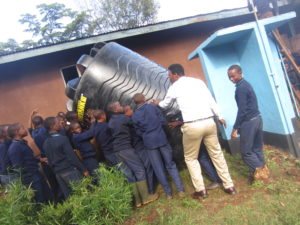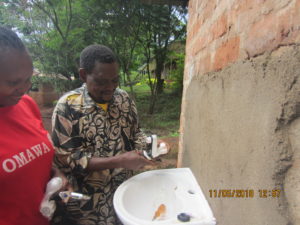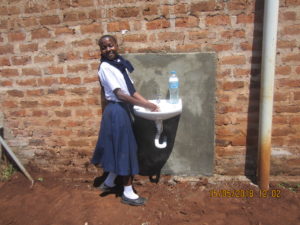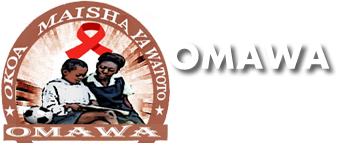Water, Sanitation and Hygiene (WASH)
Water, Sanitation and Hygiene (WASH)
Providing adequate Water, Sanitation and Hygiene (WASH) services is critical to improving the survival, health and development of school children. In Tanzania, WASH-sensitive indicators such as diarrhea and stunting growth are high. Campaigns to encourage simple hygiene practices like washing hands with soap can reduce the incidence of diarrhea by an estimated 47 percent while use of proper sanitation can reduce cases of diarrhea by an estimated 36 per cent.
Poor access to WASH has an unaffordable high cost, wasting resources that could be used for furthering the country’s development agenda. It is estimated that Tanzania spends 70 per cent of its health budget on preventable WASH-related diseases as the majority of the population does not have access to improved sanitation, and close to half of the population does not have access to clean drinking water.
Without adequate WASH facilities, homes, schools and health centers become breeding grounds for diseases that kill children and threaten their ability to grow. Girls, children with disabilities and children living in rural areas are mostly affected. This further heightens inequities and uneven opportunities for development. The impact of poor WASH on children living in crisis situations also affects their chances of survival.
The overall goal of OMAWA is to ensure availability of clean water supply and sanitation services to school children from rural schools in Tanzania.
OMAWA ensures to achieve the following strategic objectives in order to meet the goal
- Increase access to sustainable, safe water and environmental sanitation for school children in rural district.
The following activities are organized by OMAWA to meet the objective
- Construction of water points in school compounds
- Construction of water harvesting systems to schools
- Drilling bore holes
- Drilling deep well and shallow wells
- Training on Community-Led Total Sanitation (CLTS) to Water, sanitation, and hygiene (WASH) committees and school children representatives.
- CLTS trainings held for community representatives and leaders.
- WASH committee members and representatives of school children to be trained on water system management.
- Reduce the prevalence of WASH-related diseases, including trachoma, guinea worm, and diarrheal diseases, through the promotion of personal hygiene and environmental practices
The following activities are organized by OMAWA to meet the objective
- Construction of latrines in schools in rural districts in Tanzania.
- Installation of hand washing facilities in schools.
- WASH training to school children
- Training children on best use of toilets and hand washing facilities constructed
WASH in Schools aims to improve the health and learning performance of school-aged children and, by extension, that of their families by reducing the incidence of water-and sanitation-related diseases. Every child friendly school requires appropriate WASH initiatives that keep the school environment clean and free of smells and inhibit the transmission of harmful bacteria, viruses and parasites.
Up to one third of deaths in children under-five years in Tanzania are related to poor hygiene. This includes nearly 20 percent of under-five deaths due to preventable diarrhea totaling nearly five children every hour, as well as deaths among newborns and due to respiratory illness.
Hand washing with soap, alone, has the highest impact on reducing disease transmission, including diarrhea, lowering the condition by about 47 percent. However, awareness about the importance of hygiene practices, especially hand washing with soap is low.
Sanitation has the second highest impact on reducing diarrhea, decreasing the impact by about 36 percent. Nevertheless, access to safe drinking water and to improved toilets that can be kept clean continues to constrain Tanzania’s ability to adequately address the under-five child mortality rate.
In addition, limited access to adequate WASH services is hampering national efforts to eradicate malnutrition, stunting and others.
With 70 percent of the health sector expenditures being utilized for treating preventable WASH related diseases, Tanzania is likely to incur more than US$ 500 million in this relation during the fiscal year 2011-2012 alone, further constraining the already constrained economy
OMAWA ensure availability of clean water supply and sanitation services to school children from rural schools in Tanzania through supplying water tanks, constructing rain water harvesting systems, and drilling bore holes.










